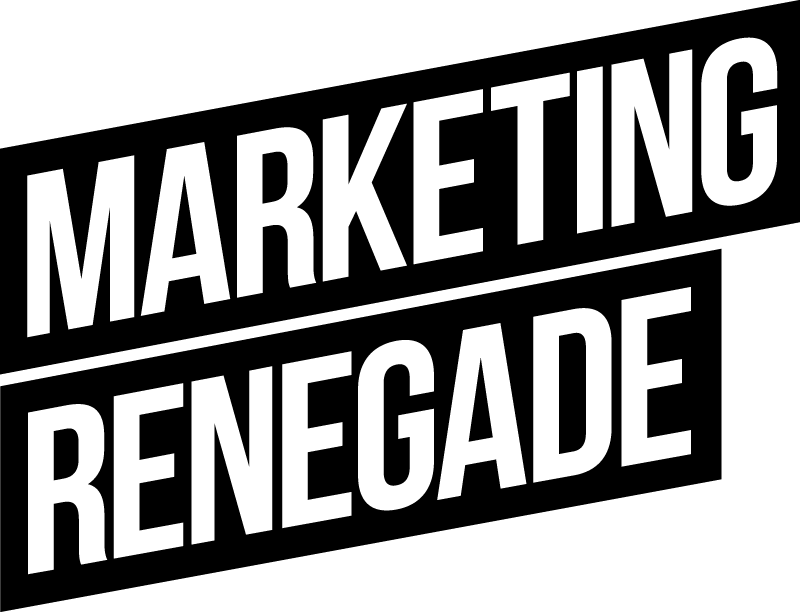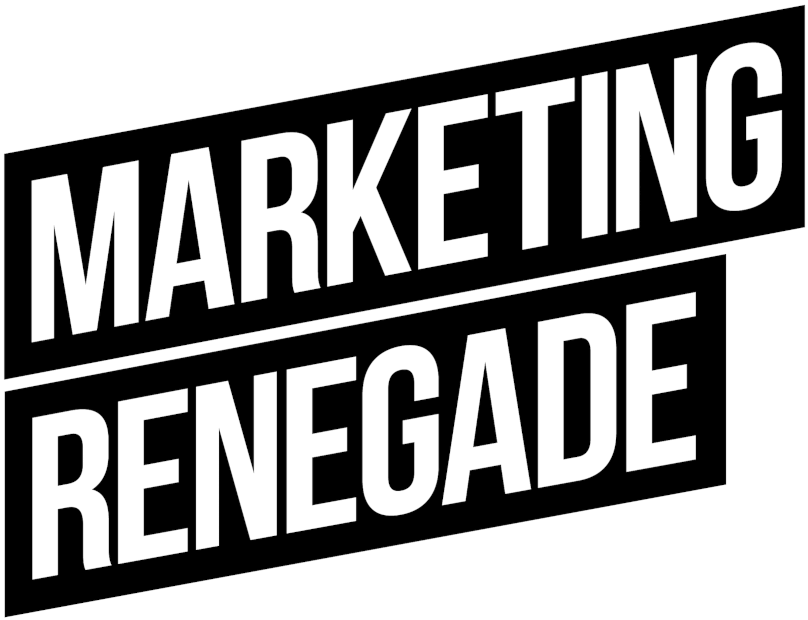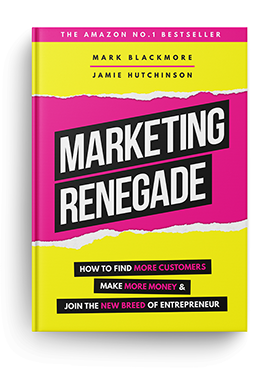Great Marketing Doesn't Feel Like Marketing
Marketing, and sales for that matter, is often maligned for being some kind of dark art that uses short term tactics to trick people into buying stuff they don’t need. And unfortunately, lots of marketing has become that way.
But good marketing doesn’t work that way at all...
When you see people queuing overnight outside the Apple store to get the latest iPhone, you don’t write it off as a clever marketing ploy. But every element of an Apple product launch is meticulously choreographed and planned.
For example, for each new iPhone launch, Apple deliberately make far fewer new iPhones than required to meet demand. That way, the new iPhone always sells out. This is then fed back to the Press, who hail the new model a huge success, which increases demand for the next wave of iPhones that Apple have already began manufacturing. It’s great products and great marketing working in harmony.
At no point did anyone feel pressured or uncomfortable. Quite the opposite. People felt genuinely lucky to be given the opportunity to hand their money over.
Similarly, an exclusive restaurant will often refuse to admit they have a free table that evening due to a last minute cancellation, but prefer to maintain a much more powerful position: ‘We’re booked up for the next 6 months sir, we could fit you in next March if that is suitable?’
Did they miss an opportunity to make a quick buck? Sure. Was it worth it to avoid compromising the reputation they'd spent years crafting as the most exclusive restaurant in town? You bet.
My point is, marketing works best when you don’t notice it happening. A useful exercise is to try and remember the last time you felt an urgent desire to buy something. Not a grudge purchase like buying petrol for the car, or a locksmith to let you back in the house, but a purchase driven by a genuine excitement. A purchase that made the money you were spending seem irrelevant.
Once you recall an instance like this, start to deconstruct your decision making process. Most likely, you will start to pinpoint certain key events that pushed you along the way. These events often appear to be completely random, but are very often deliberately constructed and executed as part of a marketing process. A process so subtle, you didn’t sense it happening.
Marketing works best when you don’t notice it happening.
For example, when you complimented a friend on her new jeans, she told you all about them. How they are handmade in the Welsh valleys, made by people called ‘Grand Masters’, who can only make a hundred pairs a week. When she went on to explain that every pair of jeans comes with a guarantee and free repairs for life, you listened to that story and remembered it.
That same week you heard an interview with the founder of that denim brand (Hiut Denim) talking about the importance of sustainable, ethical fashion. The founder (David Hieatt) seemed interesting and heartfelt, so you went on the website and signed up to the free newsletter. You received a personal email from the David just saying hi, and then went on to receive useful, interesting, funny emails for months until, eventually, when your old jeans finally gave up, instead of going to a high street store like you used to, you bought yourself the best pair of jeans you’ll ever own.
This turn of events seems random but every step of the way was pre-determined by the brand. Even the bit when your friend told you the story about the jeans. Hiut denim made all of those decisions.
They crafted their (true) story, and shared that story with their customers so they would retell it. Yes, hearing the founder on the radio has an element of good timing, but David puts himself forward as a spokesperson for ethical, sustainable fashion and he has a story to tell, so even if you’d missed that interview you’ll have seen or heard him in the media eventually.
Finally, the most obviously engineered part of the process, the website did it’s job perfectly. You weren’t quite ready to spend so much money on a pair of jeans first time out, but the website had a simple way to capture your interest and stay in touch with you until you were ready to buy.
As I said... great marketing does not feel like marketing at all.




.jpg)
.jpg)
.jpg)